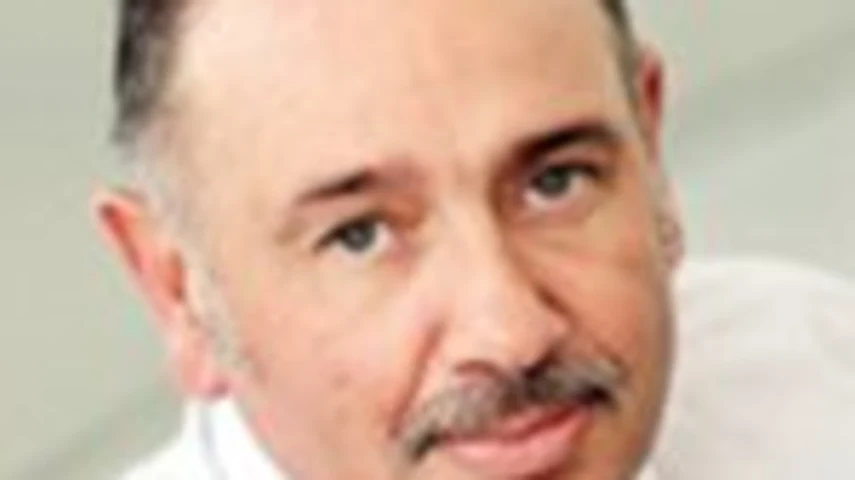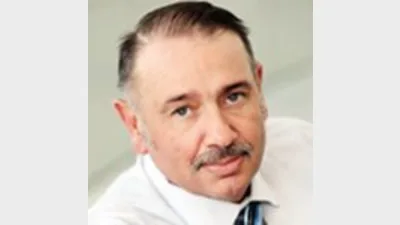FPA turns over a new leaf



A change in the Financial Planning Association's leadership may be for the better, writes Mike Taylor.
It is axiomatic of the diversity of views surrounding the Financial Planning Association (FPA) that Jo-Anne Bloch’s announcement that she would be departing as chief executive attracted both bouquets and brickbats from readers of Money Management.
Bloch should not have been surprised. In her time at the helm of the FPA she would have come to understand that the organisation could best be described as a “broad church” — an organisation that seeks to accommodate the needs of small, independent financial planners alongside those of major institutional interests.
Few people will argue that leading the FPA to a united position is as easy as leading the Investment and Financial Services Association (IFSA).
The challenges inevitably encountered by successive FPA chiefs are attributable to the organisation’s origins, diverse make-up and consequent vested interests.
While the chief executive of IFSA may only need to gain a consensus among a dozen institutional heads, the chief executive of the FPA must seek to balance the needs of a small business constituency against the views of major institutions.
In short, Bloch was not only required to represent the interests of the industry on the national political stage, but to do so only after having distilled the sectional interests of her own members into a single, viable policy position.
The challenges confronted by Bloch, her executive and the FPA board were made obvious in the debate and processes that surrounded the FPA’s strategy to make the transition away from a commission-based remuneration environment.
A question has been asked with respect to whether Bloch’s departure leaves too much unfinished business for the FPA. It can be equally argued that Bloch, in leaving, will be removing much of the personal bitterness that developed around the planner remuneration issue.
If the FPA recruits astutely, it may be in a position to make a fresh start with a new chief executive unencumbered by an accumulation of political baggage.
Who knows, when the dust finally settles, Bloch’s successor may find themselves in a position to lead a united organisation for longer than four years.
Recommended for you
In this episode of Relative Return Insider, host Keith Ford and AMP deputy chief economist Diana Mousina break down the spike in inflation numbers and what it means for the possibility of a rate cut as we move into the new year.
In this episode of Relative Return Insider, host Keith Ford and AMP economist My Bui explore Prime Minister Anthony Albanese’s trip to the US and the critical minerals deal stemming from his meeting with President Donald Trump.
In this episode of Relative Return Insider, host Keith Ford and AMP chief economist Shane Oliver unpack the latest unemployment numbers and what they mean for a rate cut, as well as how the latest flare-up in the ongoing US–China trade dispute has highlighted the remaining disparity between gold and bitcoin.
In this episode of Relative Return Insider, host Keith Ford and AMP chief economist Shane Oliver take a look at the unfolding impacts and potential economic ramifications of the US government shutdown and the surge in gold and bitcoin prices.







